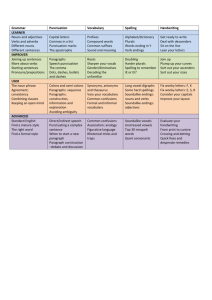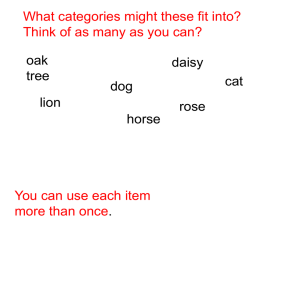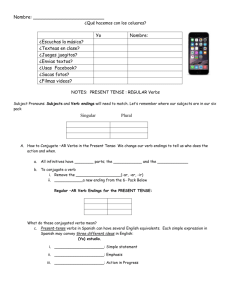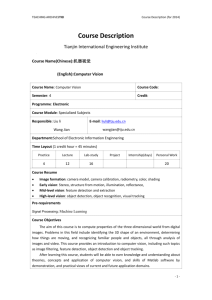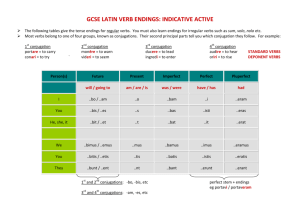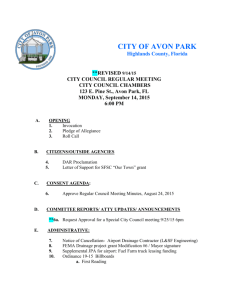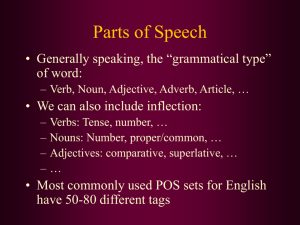Gender and Communication
advertisement
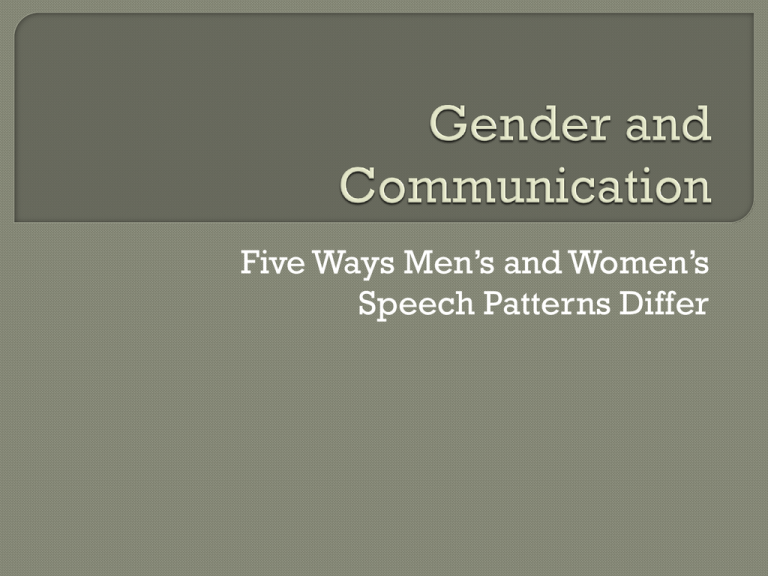
Five Ways Men’s and Women’s Speech Patterns Differ Women often speak in a tentative style that reduces their authority. Here are five speech patterns women use more frequently than men. 1) Tag Endings: Tag endings are questions tagged on to the end of sentences. They make speakers appear more unsure of themselves. Example She: That test was tough, wasn’t it? He: That was a tough test! 2) Upward Inflections: A rising intonation at the end of a sentence gives a sense of uncertainty. Making a statement sound authoritative. She: My neighbour played his stereo all night, so I didn’t get any sleep? He: My neighbour played his stereo all night so I didn’t get any sleep. 3) Emotional Verbs: Women use more emotional verbs, such as, “ I feel, I love, I hope” In the workplace, more direct statements are stronger and better convey meaning. 4) Qualifiers and Quantifiers: Qualifiers are words like “ a bit” and “kind of” The third quarter seems a bit long. Quantifiers: such as always, never, all or none sound more confident, less tentative. `Third quarter always seems so long.` 5) Disclaimers and Hedges: A disclaimer is a phrase at the beginning of a sentence that weakens the following statement: `` I`m not sure but....`` The hedge weakens an idea by including words like ``maybe`` and sort of.

